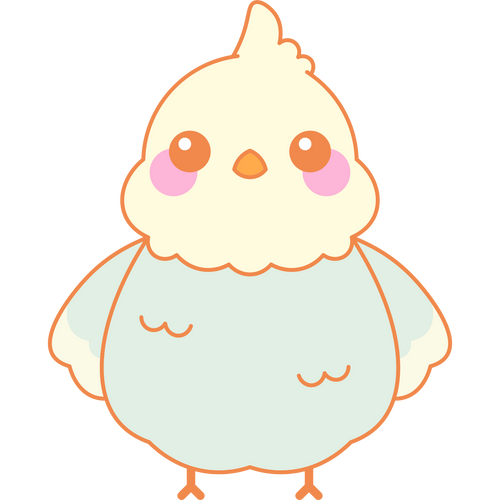As winter sets in and temperatures drop, our feathered friends, particularly parrots, require special attention to thrive in the colder months.
As winter sets in and temperatures drop, our feathered friends, particularly parrots, require special attention to thrive in the colder months. Parrots, with their tropical origins, are especially sensitive to low temperatures. In this essay, we will explore the importance of winter care for parrots and provide a comprehensive list of strategies to keep them warm and comfortable during the chilly season.
- Understanding Parrot Physiology: Parrots are native to tropical climates and have adapted to warmer conditions. Their thin skin and lack of insulating feathers make them susceptible to cold temperatures. It is crucial to understand their specific needs to ensure their well-being in winter.
- Optimal Ambient Temperature:
- Maintain a stable indoor temperature between 65 to 80 degrees Fahrenheit (18 to 27 degrees Celsius), as fluctuations can stress parrots.
- Place the parrot's cage away from drafts, windows, and doors to minimize exposure to cold air.
- Proper Cage Insulation:
- Use cage covers at night to provide an extra layer of insulation.
- Place the cage in a corner or against a wall to reduce exposure to cold air.
- Heating Solutions:
- Invest in a safe and regulated indoor space heater to maintain a comfortable temperature.
- Provide heated perches or heating pads designed for birds, ensuring they don't become too hot.
- Warm Lighting:
- Use full-spectrum lighting to simulate natural sunlight, promoting the well-being of parrots during shorter winter days.
- Ensure that the lighting source does not emit excessive heat to avoid discomfort for the birds.
- Balanced Nutrition:
- Adjust the parrot's diet to include more warm foods, such as cooked vegetables and warm grains.
- Provide fresh fruits and vegetables rich in vitamins to support their immune system during winter.
- Regular Exercise:
- Encourage indoor exercise with toys, swings, and climbing structures to keep the parrot active.
- Monitor their activity to prevent overexertion, especially in older or less active parrots.
- Regular Veterinary Check-ups:
- Schedule regular check-ups with an avian veterinarian to monitor the parrot's health, especially during the winter season.
- Address any signs of illness promptly to ensure a swift recovery.
In conclusion, providing winter care for parrots is a thoughtful and necessary undertaking for the well-being of these tropical birds. By implementing the strategies outlined in this guide, we can create a warm and comfortable environment that allows our parrot companions to thrive during the colder months. As responsible pet owners, it is our duty to adapt our care routines to meet the specific needs of our avian friends, ensuring a happy and healthy life for them year-round.

